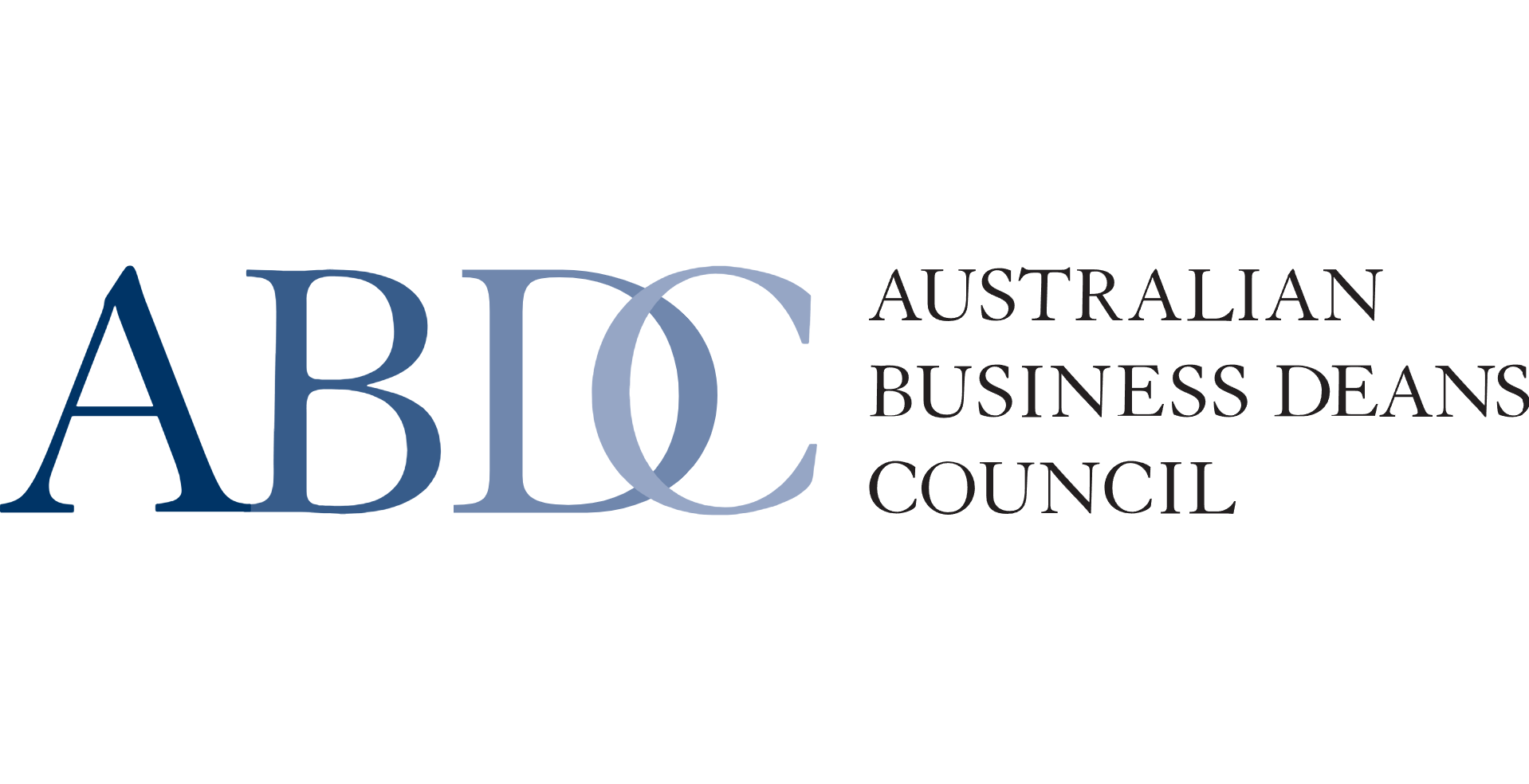THE 4 C’S TOURISM DESTINATION COMPETITIVENESS MATRIX VALIDATION THROUGH THE CONTENT VALIDITY COEFFICIENT
DOI:
https://doi.org/10.53555/eijbms.v6i3.103Keywords:
Tourism, Oporto, Matrix, Competitiveness, 4 C'sAbstract
The creation of the 4 C's Matrix of Tourism Destination Competitiveness aimed to consolidate and organise research questions about the area or areas in which tourist destinations should concentrate their attention. To consolidate the Matrix, 4 phases (preliminary, preparation, test and evaluation) were completed.
In the preliminary phase, a theoretical review on the Tourism Destinations Competitiveness Matrices was carried out; in the preparation phase we used the Delphi method inviting experts in the area of economy and tourism to contribute with their experiences in the construction of the survey instrument; in the test phase we validated the questionnaire through the Content Validity Coefficient; in the evaluation phase a non-probabilistic approach was used, i.e. a convenience sample to obtain answers from tourists, residents and destination managers.
This paper presents the methodology and development of the test phase of the Matrix, using the Content Validity Coefficient (CVC). The contributions received and validated allowed us to create the base matrix with a CVC of 0.8961.
References
. Alexandre, N. M. C., & Coluci, M. Z. O. (2018). Content validity in the development and adaptation processes of measurement instruments.
. Cunha, C. M., De Almeida Neto, O. P., & Stackfleth, R. (2016). Principais métodos de avaliação psicométrica da validade de instrumentos de medida. Revista Brasileira
. Ciências Da Saúde - USCS, 14(47), 75–83. https://doi.org/10.13037/ras.vol14n47.3391 Dwyer, L., & Kim, C. (2003). Destination Competitiveness: Determinants and Indicators. Current Issues in Tourism, 6(5), 369–414.
. Enright, M. & Newton, J. (2004). Tourism destination competitiveness: a quantitative approach. Tourism Management - Volume 2, 25, 777–788. Retrieved from Tourism Management%0AVolume 25, Issue 6, December 2004, Pages 777-788%0A
. Retnawati, H. (2016). Proving content validity of self-regulated learning scale (The comparison of Aiken index and expanded Gregory index). Research and Evaluation in Education, 2(2), 155. https://doi.org/10.21831/reid.v2i2.11029
. Ribeiro, D., Machado, L. P., & Henriques, P. (2020). Competitiveness of Tourist Destinations - Theoretical Study of the Main Models. International Journal of Business & Management Science (ISSN: 2208-2190), In Press.
. Rigon, C., Nora, D., Zoboli, E., & Vieira, M. M. (2017). Revista Gaúcha de Enfermagem Artigo Original Validação por peritos: importância na tradução e adaptação de instrumentos. Revista Gaúcha de Enfermagem, 1 a 9. https://doi.org/10.1590/1983
. Ritchie, J., & Crouch, G. (1999). Tourism, Competitiveness, and Societal Prosperity. Journal of Business Research, 44, 137–152. Retrieved from http://turismoadministracaoehospitalidade.wordpress.com
. Silveira, M. B., Saldanha, R. P., Leite, J. C. de C., Silva, T. O. F. da, Silva, T., & Filippin, L. I. (2018). Construction and validation of content of one instrument to assess falls in the elderly. Einstein (Sao Paulo, Brazil), 16(2), eAO4154. https://doi.org/10.1590/S167945082018AO4154
. Souza, A. C. de, Alexandre, N. M. C., & Guirardello, E. de B. (2017a). Propriedades psicométricas na avaliação de instrumentos: avaliação da confiabilidade e da validade. Epidemiologia e Servicos de Saude : Revista Do Sistema Unico de Saude Do Brasil, 26(3), 649–659. https://doi.org/10.5123/S1679-49742017000300022
. Souza, A. C. de, Alexandre, N. M. C., & Guirardello, E. de B. (2017b). Propriedades psicométricas na avaliação de instrumentos: avaliação da confiabilidade e da validade. Epidemiologia e Servicos de Saude : Revista Do Sistema Unico de Saude Do Brasil, 26(3), 649–659. https://doi.org/10.5123/S1679-49742017000300022
. Yang, W.-C. (2002). Applying Content Validity Coefficient and Homogeneity Reliability Coefficient to Investigate the Experiential Marketing Scale for Leisure Farms.
. Yao, G., Wu, C. H., & Yang, C. T. (2008). Examining the content validity of the WHOQOL-BREF from
Respondents’ perspective by quantitative methods. Social Indicators Research, 85(3), 483–498.
Downloads
Published
Issue
Section
License
Copyright (c) 2020 EPH - International Journal of Business & Management Science (ISSN: 2208-2190)

This work is licensed under a Creative Commons Attribution-NonCommercial-NoDerivatives 4.0 International License.



